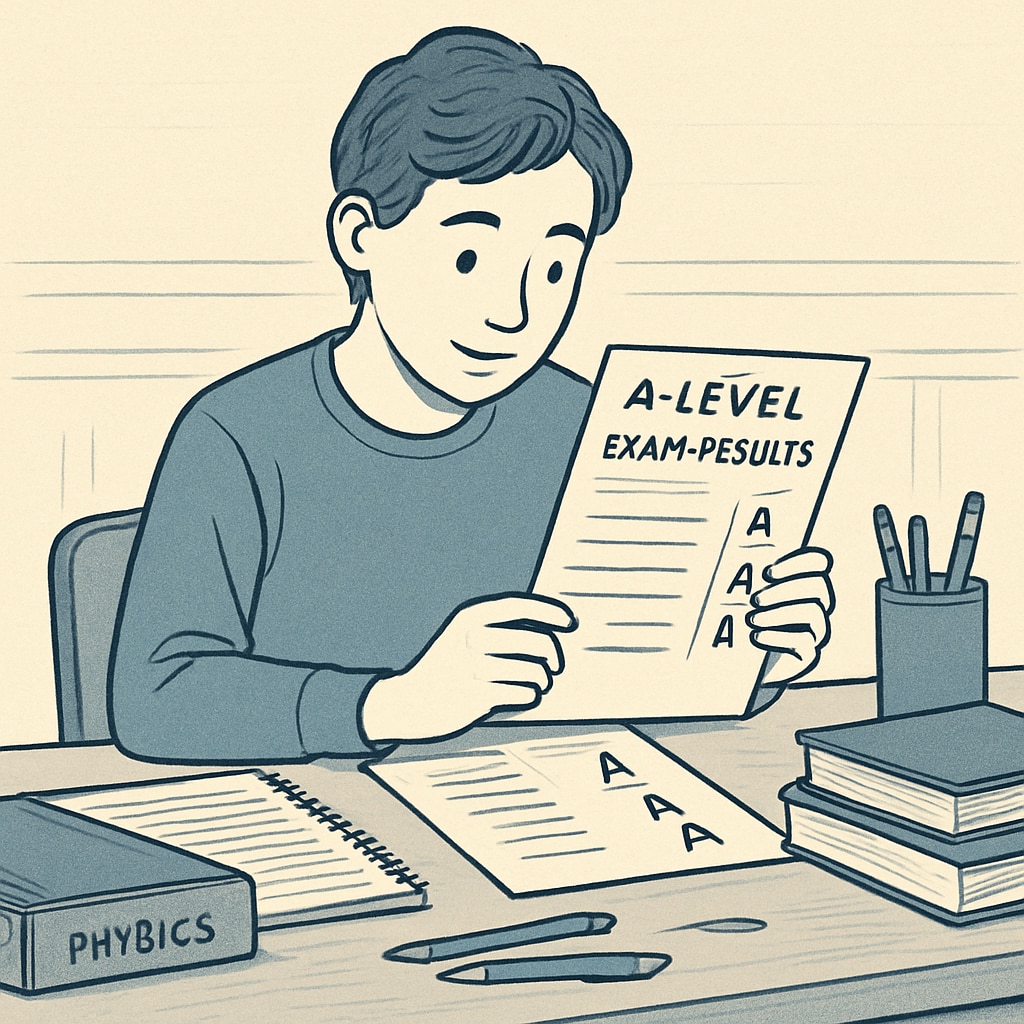For many students, receiving poor A-level grades can feel like the end of the world. Yet, setbacks often serve as opportunities for growth and reevaluation. When faced with disappointing A-level results, students must navigate a challenging crossroads: should they retake their exams, accept a place at a lower-ranked university, or consider enrolling in a foundation year program abroad? This article examines these educational pathways, weighing their pros and cons, and provides practical advice for students grappling with this difficult decision.
Understanding the Impact of A-level Exam Setbacks
The A-level exam system plays a pivotal role in shaping students’ futures, as grades often determine university placements and career prospects. A setback can feel overwhelming, but it’s important to remember that alternative routes exist to achieve academic and professional goals. For example, retaking exams can provide a second chance to improve scores, while foundation year programs abroad open doors to international education opportunities. However, each option requires careful consideration of personal circumstances, financial implications, and long-term aspirations.

Exploring Educational Pathways After A-level Failures
When confronted with low A-level grades, three primary paths typically emerge:
- Retaking A-level Exams: Retaking exams offers a chance to improve grades and qualify for higher-ranked universities. However, this route requires significant time, effort, and resilience. Students must assess whether they can dedicate themselves to another year of study while managing the emotional toll of the previous setback.
- Enrolling in Lower-Ranked Universities: Accepting a place at a lower-ranked university may seem less desirable, but it can still provide valuable education and career opportunities. Some students thrive in smaller institutions with personalized support and access to niche programs.
- Foundation Year Courses Abroad: Many international universities offer foundation-year programs designed to bridge gaps in academic qualifications. These courses provide access to global institutions, allowing students to expand their horizons. However, the financial burden of studying abroad may be a concern for some families.
Factors to Consider When Choosing a Path
Deciding between retaking exams, enrolling locally, or studying abroad involves several key considerations:
- Personal Strengths: Evaluate your academic abilities and resilience. Retaking exams requires perseverance, while adapting to a new environment abroad demands flexibility and independence.
- Financial Resources: Determine whether tuition fees, living expenses, and travel costs for studying abroad align with your budget. Local universities or retaking exams may be more cost-effective.
- Long-Term Goals: Reflect on your career aspirations. For example, certain industries value degrees from specific universities, while others prioritize practical skills and experience.
- Psychological Readiness: Consider your emotional well-being. Retaking exams may reignite feelings of failure, while studying abroad could create homesickness or cultural adjustment challenges.

Making the Most of Your Chosen Path
Once you’ve selected a pathway, it’s crucial to approach it with dedication and optimism. If retaking exams, develop a structured study plan and seek support from tutors or peers. For students enrolling in lower-ranked universities, focus on maximizing opportunities such as internships, research projects, and extracurricular activities. Those pursuing foundation year courses abroad should embrace the chance to build new networks, explore different cultures, and access unique academic resources.
Conclusion: Experiencing setbacks with A-level grades may feel like a failure, but it is often the beginning of a transformative journey. By carefully evaluating personal circumstances and long-term goals, students can identify the path that best suits their needs. Remember, setbacks are not the end—they are opportunities to rebuild and grow.
Readability guidance: Short paragraphs and lists provide clarity. Transitions such as “however,” “therefore,” and “for example” ensure smooth flow. Personal and professional considerations are balanced for accessible yet insightful advice.


